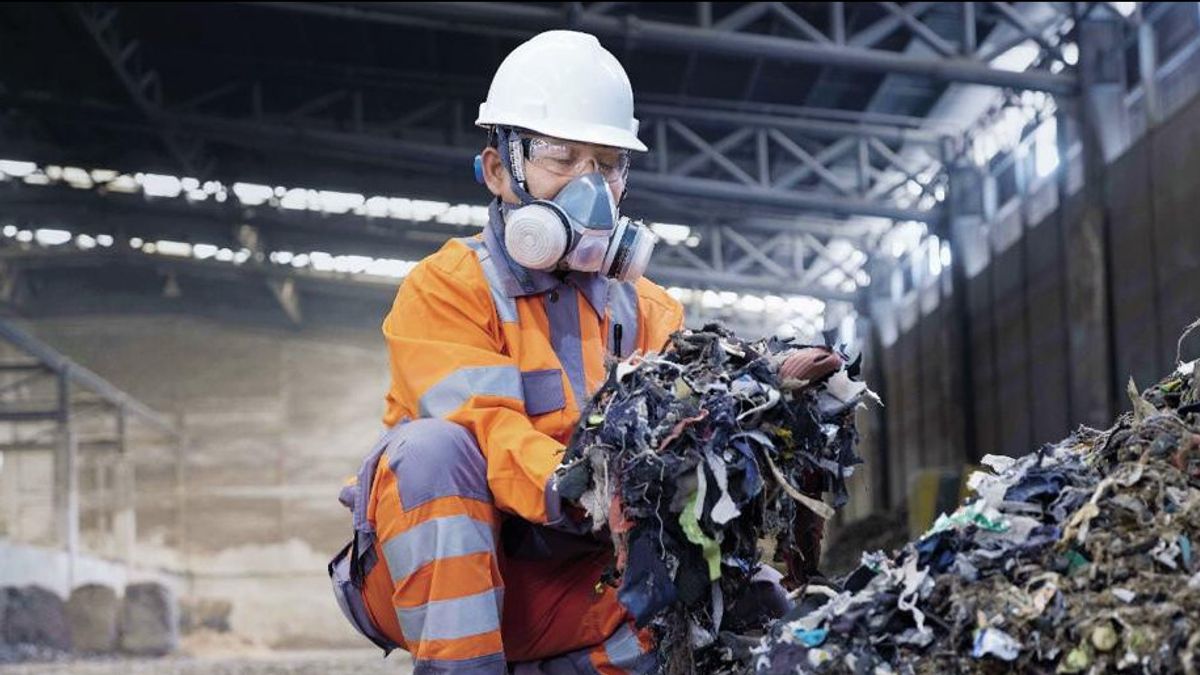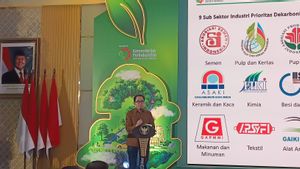JAKARTA - Eight factories owned by PT Semen Indonesia (Persero) Tbk (SIG) won the Green Proper award, the Program for Rating Performance Ratings for Companies in Environmental Management (PROPER) from the Ministry of Environment and Forestry (KLHK) of the Republic of Indonesia, which was announced virtually, on Tuesday. 28 last December.
The GIS factories that received the Green Proper were the Group Head of Plant Operation (GHoPO) Tuban Factory, PT Semen Gresik (Rembang Factory), PT Semen Padang (Indarung Factory), PT Semen Tonasa (Pangkep Factory) and PT Solusi Bangun Indonesia (Tuban Factory, Narogong Factory, Cilacap Factory and Lhoknga Factory).
Green Proper is a criterion for companies that have carried out environmental management better than those required by regulations (beyond compliance), implemented environmental management systems and they have utilized resources efficiently and carried out social responsibility well.
SIG's Corporate Secretary, Vita Mahreyni said that the Company's success in winning the Green Proper award proves GIS's commitment to sustainable business practices by implementing green industry principles. This is in line with the Company's implementation of Environment, Social & Governance (ESG).
“This award is a motivation for us to continue to improve our practices and commitment to the environment in an effort to support sustainable development. GIS will continue to innovate and provide solutions to development needs for a better future," said Vita Mahreyni in a statement, Friday, January 7.
In line with efforts to realize the vision of becoming a leading provider of building materials solutions in the region, GIS fully supports the realization of sustainable development goals in Indonesia. This commitment is embodied in the four pillars of GIS sustainability, namely: the Pillar of Sustainable Economic Growth, the Pillar of Climate & Energy, the Pillar of the Circular Economy and the Pillar of Communities and Communities.
GIS supports Indonesia's commitment to COP21 (2015) in reducing greenhouse gas emissions. The manifestation of this commitment is the success of GIS in reducing the intensity of Scope 1's CO2 emissions to 607 kg CO2/ton cement equivalent or 14.24 percent down from the 2010 baseline. This is achieved through energy consumption efficiency initiatives, reduction of slag factor, and increased use of waste as a alternative fuel.
The English, Chinese, Japanese, Arabic, and French versions are automatically generated by the AI. So there may still be inaccuracies in translating, please always see Indonesian as our main language. (system supported by DigitalSiber.id)













